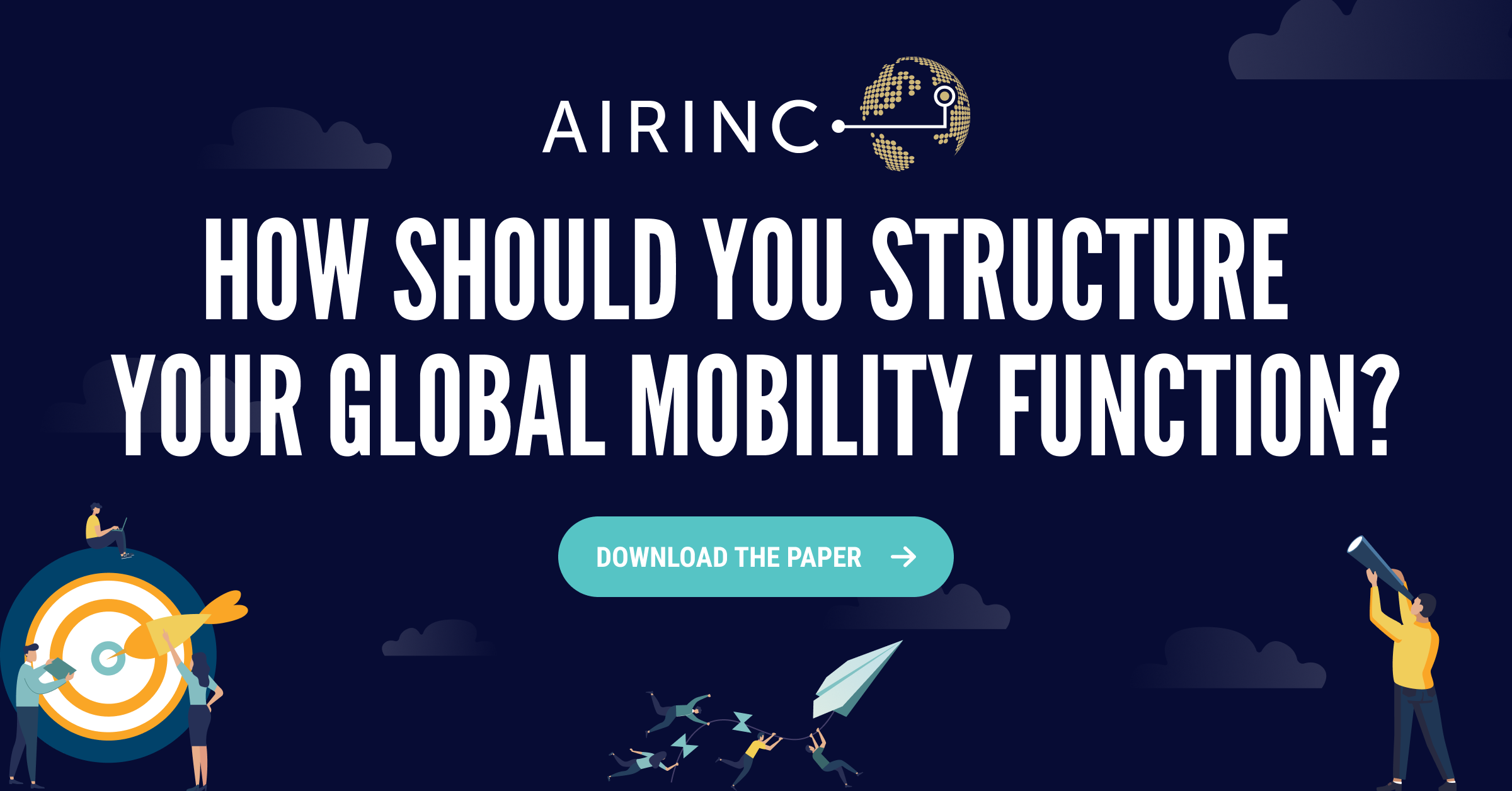Assignment Allowances: Focus on Premiums and Cost of Living
Does your company pay a mobility premium for Long-term Assignments? Do you update your cost-of-living allowance on a regular basis?
AIRINC’s 2022 Long-term Assignment Policy & Practice Benchmark Survey offers these interesting stats on premiums and cost of living support for Long-term Assignments:
Premiums
68% of organizations do not pay a mobility premium. A mobility premium, sometimes called a foreign service premium, is paid to recognize an employee going on an international assignment and doesn’t typically vary by host location. Although paying a mobility premium is still prevalent in certain industries, over time fewer companies have been providing this incentive. With more individuals raising their hand to go on international assignments, early career employees eager for global experience, and the expectation of international experience for career progression, the payment of a mobility premium often isn’t necessary to make Long-term Assignments appealing.
Hardship premiums, however, are still commonly provided. To recognize challenging conditions in certain host locations, two-thirds of companies pay a hardship premium. The most common approach is to vary the amount by host location only, not differentiate by home and host locations (often called differential hardship). Of those paying hardship, one-third cap the premium although the average salary cap has risen over time.
Cost of Living Allowance
COLA is one of the most common allowances paid during Long-term Assignments. It can go by different names (e.g., goods & services allowance or cost of living differential) but 86% of organizations provide cost of living support in the host location.
While it’s always been a key component of an expat package, COLA is a big area of focus now due to high inflation and exchange rate fluctuations. The most common regular update schedule for COLA is semi-annually (33%), followed by annually (27%), but some companies are deciding to update the COLA more frequently – or at least monitor changes more often. It’s key for mobility practitioners to have the tools to educate and communicate COLA methodology and explain changes due to inflation and exchange rates to the employee and the business.
Find out even more details about assignment allowances in AIRINC’s 2022 Long-term Assignment Benchmark, which is available upon request.






%20(31).png)

